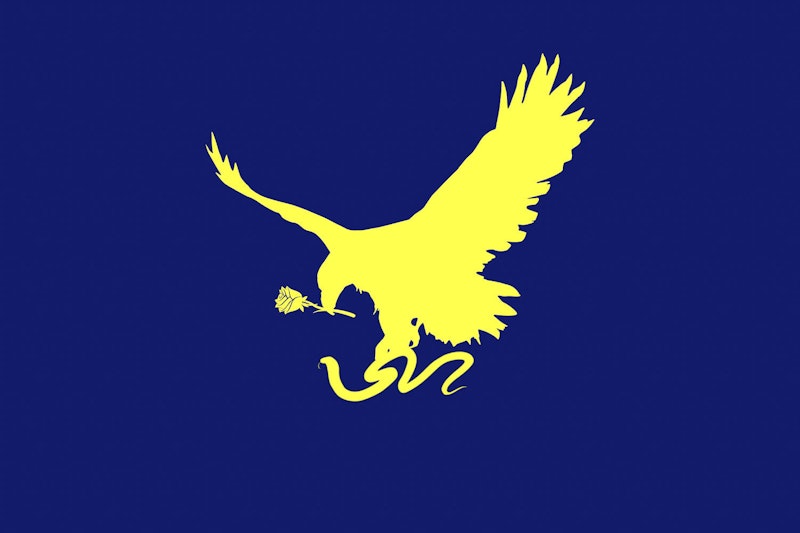I read Crispin Sartwell’s Splice Today article with interest: to understand this dichotomy you have to look at historical reality, especially in an American context. Historically “left” and “right” originated in the French Revolution, when members of the assembly sorted themselves out in this fashion. You can trace the birth of modern political ideology to this, and it caught on, especially in 19th-century continental Europe, but not in the USA.
This points to the questionable utility of using concepts that are rooted in 18th-century France in today’s political context. It was only in the 20th century that this dichotomy began to be shared more widely, thanks largely to left radicalism, which in turn raised the consciousness of everyone else. Highly popular in academic and media circles, the public’s largely oblivious to it. Nevertheless, these lame thought leaders go out of their way to retroactively apply them to the past.
The fundamental basis of all political reality is that the natural order is “conservative” in the sense that historically people across have been suspicious, if not resistant to change, and/or tacitly support the existing order. It’s only when elites screw up badly that an opening’s created for nascent radicals. As awareness of their activity and beliefs become better known a reaction develops in the mind of others who perceive a rising threat, while at the same time clarifying a certain order in their own belief. I’ve often stated: conservatism is fundamentally anti-radical above all else. That’s true in any place at any time from Ancient Greece until now. But it’s also about the only political constant. Humans are inherently “conservative,” except that they don’t know they are until a radical challenge arises. That initially defines them, but at the same time raises their consciousness about life as they’ve always understood it coalescing into a belief system.
Liberalism seriously arose in the 19th century, based upon 18th-century “Enlightenment” tenets, which still are the foundation for our own republic. This was primarily a British phenomenon which was subsequently adapted by 20th-century Americans with reference to a conservative-liberal dichotomy. But these terms have no constant meaning. Initially, in the 19th century, the Conservatives were the social reformers, while the Liberals were more laissez-faire. Subsequently positions flipped, especially in the US, rendering any consistent ideology impossible.
When “conservative” and “liberal” are used in a political context they’re simply terms considered positive in the same way that “democracy” or “republic” are perceived. This doesn’t mean that Republicans aren’t for democracy, for example, or vice versa. They could’ve called themselves Green and Blue and it’d resonate the same way. Parties are coalitions with shared views that could be called anything because the title as an appellation isn’t the same as the concept itself. So as a constant the dichotomy is meaningless.
We think of party politics as inherently part of “democracy,” when in fact it’s a relatively recent phenomenon, with longevity confined to the Anglo-sphere. Democracies, from ancient Greece to your local community organization, have revolved around personalities, i.e. leaders that others attach themselves to based upon some affinity, in an ever-changing system. Here personal relations trump ideology. That’s why parties come and go so frequently in Europe. If someone stands out in a parliament, before you know it others attracted to them form a new party.
Furthermore, when personalities lead the way what ideology exists gets transformed. Gaullists were once the “right” in France. Now it’s Le Pen. Different people, different times, different platforms. My own view is that this sort of long-tested means of organization will likely continue to prevail and even increase in the future.
We’ve limited ourselves with Anglo-sphere concepts and terminology, which is how we persist in these “dichotomies.” But looking at the world as a whole, and democracy across history, this is a distinctly minority viewpoint. You can only begin to understand this by stepping back and look beyond our own native experience.

